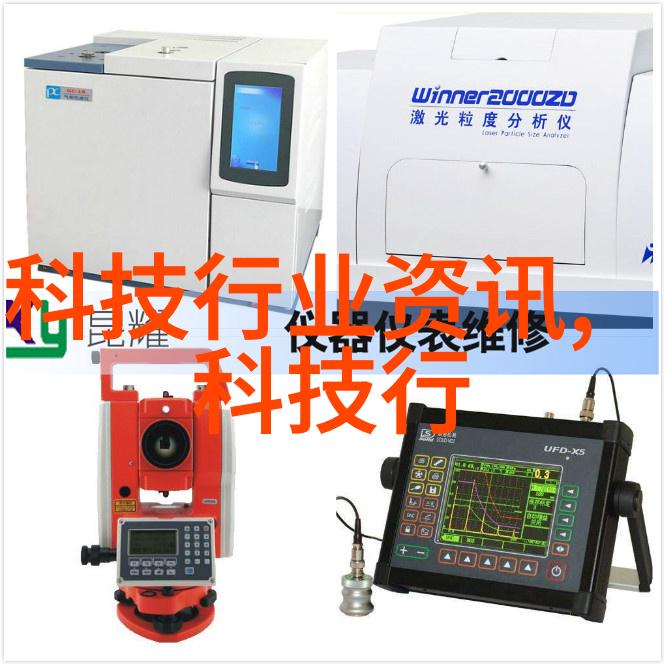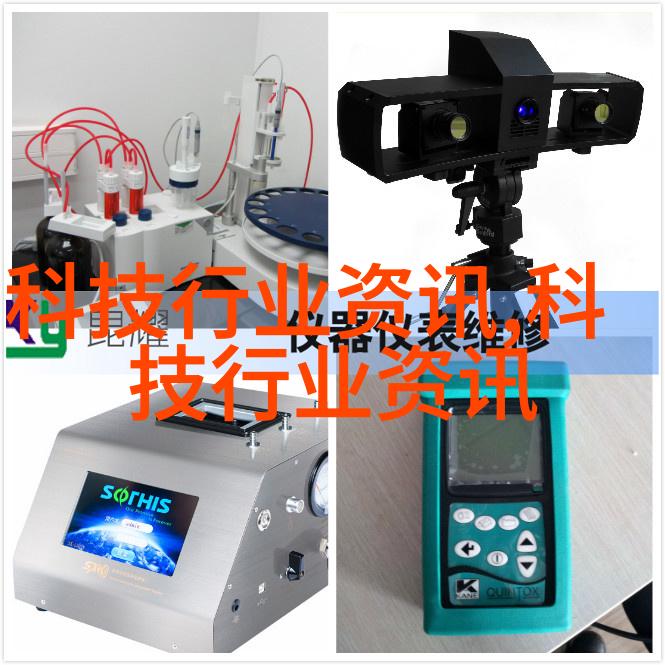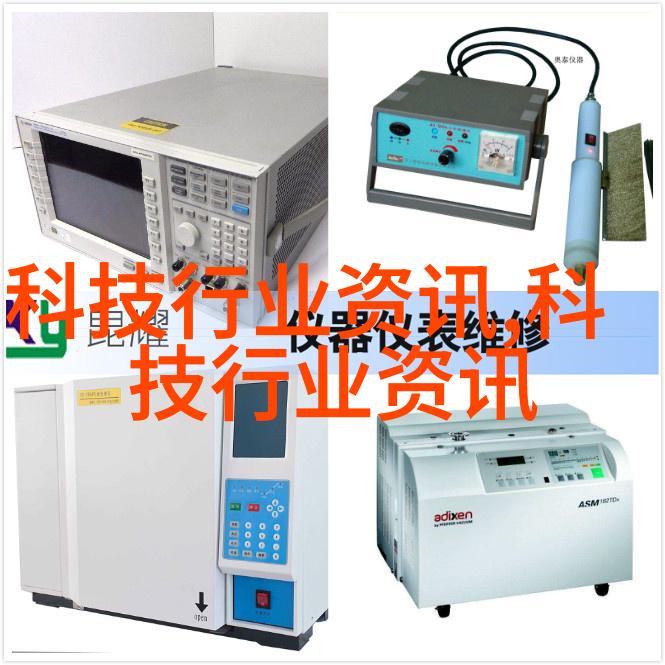dn50金属环矩鞍填料hetp - DN50金属环矩形鞍型填料助力管道流体处理系统
DN50金属环矩形鞍型填料助力管道流体处理系统

在工业生产中,尤其是化工、石油和天然气等领域,管道流体处理系统是保证产品质量和提高效率的关键部分。其中,选择合适的填料对于确保流体在管道中的顺畅流动至关重要。DN50金属环矩鞍填料hetp(HETP)作为一种常见的填料,其独特的设计使得它能够有效地用于多种不同的应用场景。
metallic ring matting filler, also known as HETP (Height Equivalent to a Theoretical Plate), is a type of filling material commonly used in industrial pipe flow systems. It is made of metal rings and has the shape of a rectangle with an open structure. This design allows for efficient use of space while maintaining excellent fluid flow properties.

The DN50 metallic ring matting filler HETP offers several advantages over other types of fillings. Firstly, its rectangular shape makes it easy to install and maintain within pipes of various diameters, including DN50 sizes. Secondly, the open structure ensures that fluids can pass through freely without any significant pressure drop or blockage.
One real-world example where DN50 metallic ring matting filler HETP was successfully implemented is in a large chemical plant processing petrochemicals. The plant's engineers were looking for an effective way to manage gas-liquid separation during production processes while minimizing equipment downtime and maintenance costs.

After conducting extensive research and testing different filling materials, they decided to use DN50 metallic ring matting filler HETP due to its unique combination of high efficiency and low cost compared to other options available at the time.
The installation process was relatively straightforward due to the rectangular design allowing for easy fitting into pipes with minimal adjustments required. Additionally, regular inspections showed that there was no noticeable buildup or corrosion on the surface area between adjacent rings even after extended periods under harsh working conditions.

In conclusion, utilizing DN50 metallic ring matrix filler (HETP) in industrial pipe flow systems like this case study demonstrates how effective these fillings can be when it comes down not just saving resources but also ensuring smooth operation throughout complex manufacturing processes across various industries such as oil refining plants handling crude oil or natural gas pipelines carrying hydrocarbons from one place another securely without losing their integrity along the way by acting as buffer against potential damage caused by sedimentation particles settling inside those long stretches connecting us all together; thus proving itself invaluable asset among many others present within our ever-growing global economy!



